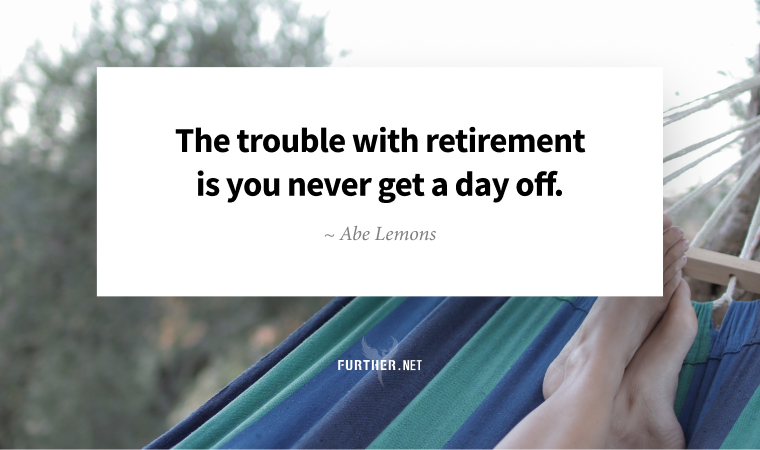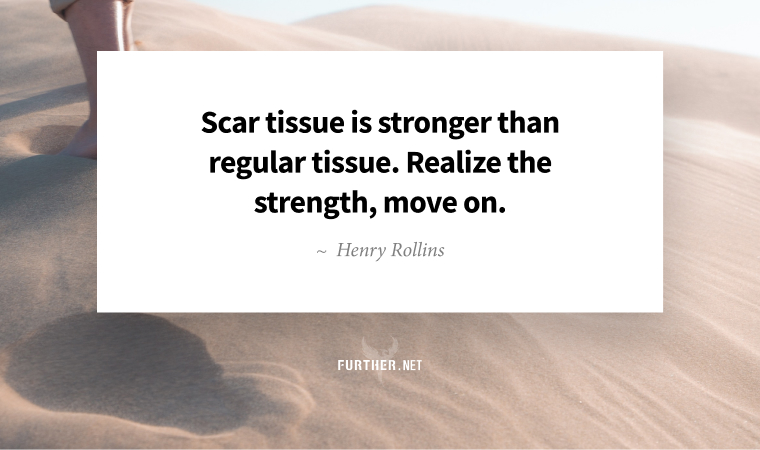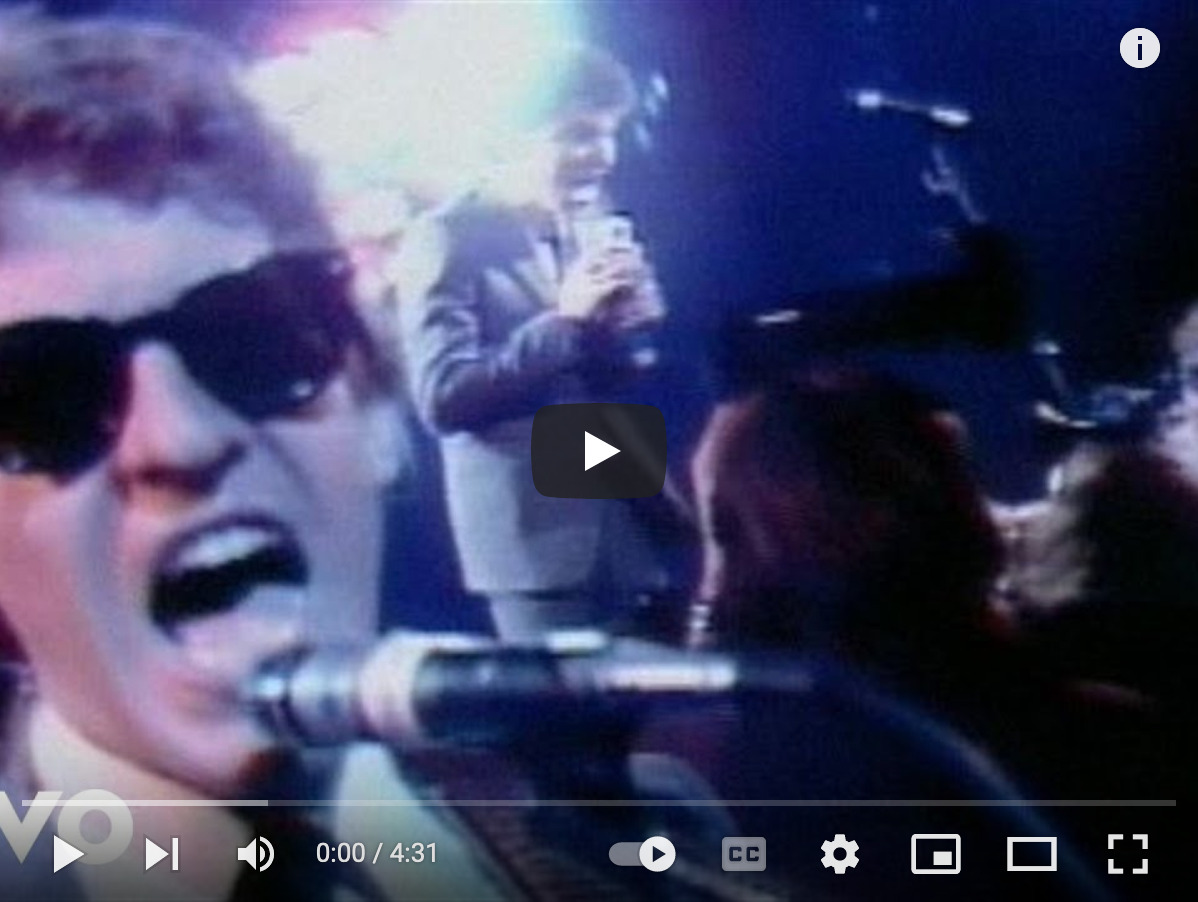
People between the ages of 45 and 65 are starting businesses at an unprecedented rate.
At a time when we’re expected to be planning for retirement, we’re instead blazing bold new paths. This is our version of “unretirement,” where instead of going back to work after retirement, we build businesses that allow us to keep going on our own terms.
We’re basically not respected in the workplace even though our wisdom should make us worth our elevated salaries. But with the looming threat from automation, artificial intelligence, and the old familiar ageism, it’s a dangerous time to trust any profit-driven organization to do the right thing.
And sure, our processors might slow down a bit we age. But a particularly valuable form of intelligence increases as we get older — and doesn’t really diminish.
Plus, there’s a particular type of business you can start that maximizes your marketplace value. Combine that with living wherever you want and traveling as much as you want, and you’ve got an ideal business model.
I expand on that idea in this all new Further feature article:
The Perfect “Unretirement” Business
Keep going-
P.S. Join us today inside Well + Wealthy to learn all about burnout and how to avoid it at our Wednesday Webinar with Mich Bondesio — find out more and join us here!
Sleep Walking
Walking through natural environments can take our minds off negative thoughts and help us focus on the here and now, reducing stress, improving mood, and according to new research, even stick with us until bedtime.
Mindful Walks In Nature Improve Sleep Quality, New Study Finds (MBG)
Balancing Act
Balance training is an important but often-neglected skill, one that impacts both our longevity and our quality of life, beginning around age 40. See if you can stand on one leg for 10 seconds for a quick test of where you’re at.
Can You Pass the 10-Second Balance Test? (NYT)
A Quiet Place
“The story you tell yourself about a situation is going to shape how you interact in that situation, which causes a feedback loop on how it ends up going and reinforces whether your story was true or false.”
Your Inability to ‘Quiet Your Mind’ Isn’t Due to Lack of Effort. It’s the Wrong Goal (Fast Company)
Office Big Brother
Even if advancing technology such as artificial intelligence doesn’t eliminate your job, it’s going to make it a lot more unpleasant. Constant surveillance and prodding in the name of productivity is not how you want to ride out your career.
The Rise of the Worker Productivity Score (NYT)
Acceptance: How to Embrace Evolution

By Trudi Roth
As a Further reader, you know that Brian’s signature slogan is: Keep going.
After a few years of change and loss, I’ve taken to an adjacent midlife motto: Move on.
While the pandemic accelerated some of the shifts, the truth is that this is a poignant time for our sandwich generation. Disruption is part of our daily lives; no matter how resilient you are, it can be a sucky challenging time.
That’s why when I read Serena Williams’ essay announcing her impending retirement from tennis in Vogue, I could totally relate:
I hate that I have to be at this crossroads. I keep saying to myself, I wish it could be easy for me, but it’s not. I’m torn: I don’t want it to be over, but at the same time, I’m ready for what’s next.
The perfect statement about the imperfect nature of acceptance. So, how do you find serenity when it’s time to move on?
Acing Acceptance
What’s striking about Serena’s candor is her emphasis on the struggle of moving on from something that has defined not just her career but her as a person.
I’m going to be honest. There is no happiness in this topic for me. I know it’s not the usual thing to say, but I feel a great deal of pain.
It’s a myth that acceptance is a graceful, magnanimous act. Psychological acceptance is an emotionally driven, messy, ongoing process.
One of the key ideas underlying acceptance in psychology is that difficult emotions are an inescapable part of life: at different times, we will find ourselves sad, angry, disappointed, bored, frustrated, grieving, heartbroken – the list goes on. No one, even the most even-keeled individual, is free of these emotions.
The natural initial reaction is resistance, which Serena admittedly did her fair share of by declaring leaving tennis a taboo subject at home. But in her essay, she’s modeling how to let go by sharing her struggle with the world and acknowledging those brutal thoughts and feelings.
Put Some Spin on It
Keep in mind just because you decide to move on, you don’t have to surrender yourself entirely to an unrealistic ideal. Making peace is just that; finding the places you can accept and not dwelling on the rest. As sports psychologist Sian Beilock points out, making a significant life change as Serena did isn’t the end-all.
[It’s] not taking away your entire identity, it’s taking aspects of yourself that you value and putting it towards something different.
The word Serena chose to describe her retirement — “evolution” — is telling. It’s not a euphemism; it’s a mindset. When life lobs hard choices your way, acceptance Serena-style is how you rally.
Serena Williams Says Farewell to Tennis On Her Own Terms—And In Her Own Words (Vogue)
How Serena Williams Decided To Retire Is A Career Lesson For Us All On How To Move On (Huffington Post)
further: flashback
 The Tubes – She’s A Beauty
The Tubes – She’s A BeautyOutside Inside, 1983
Remember The Tubes? She’s a Beauty was the band’s biggest hit, and it’s about an experience lead singer Fee Waybill had at a peepshow in the Tenderloin area of San Fransisco. (YouTube)
further: sharing

Subscribers who share Further with friends can gain access to our exclusive membership community Well + Wealthy with only three referrals. Get your own free weekly dose of health, wealth, travel, and happiness advice here, and find out all the details on our referral program.
Thank you for sharing Further!
